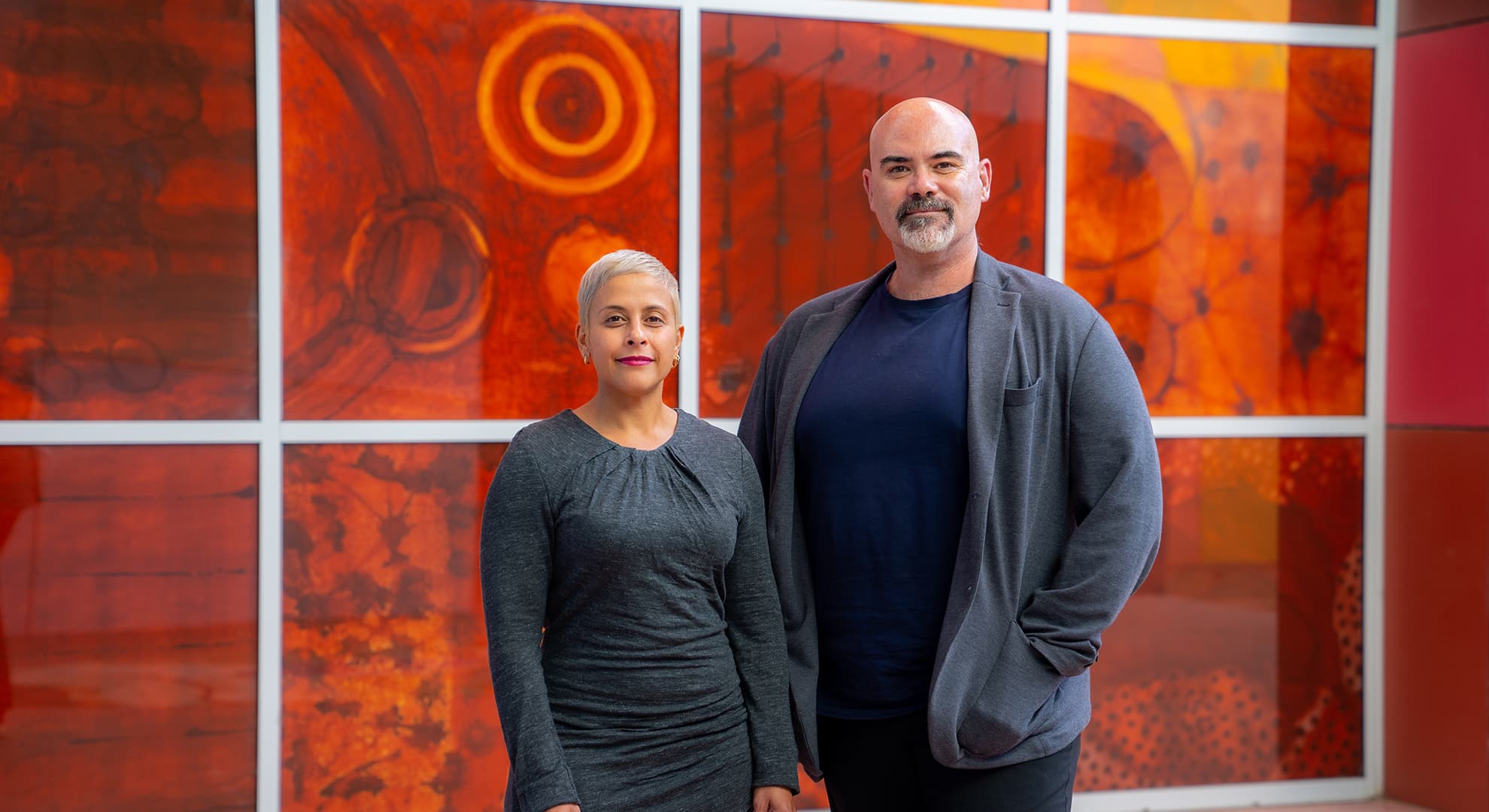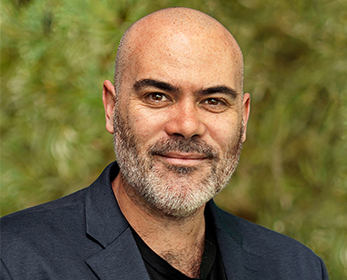On paper, Australia has a well-funded and developed universal health care system.
However, almost one in three Aboriginal and Torres Strait Islander children commence school in Western Australia with at least two developmental vulnerabilities.
Despite this poor statistic, there has been no real effort to develop and implement early child development programs for children starting in the first four weeks of life (neonatal period) and implemented by primary health care providers.
The latest Productivity Commission report on the Closing the Gap released in July shows we are still not meeting the mark when it comes to children commencing school developmentally on track.
Overall, only four of the targets are on track: healthy birthweight of babies, the enrolment of children in the preschool, youth detention rates and land mass subject to rights and interests.
In Australia, Aboriginal and Torres Strait Islander children have poorer developmental outcomes compared with non- Aboriginal and Torres Strait Islander children.
In particular, Aboriginal and Torres Strait Islander children who are born preterm, have mothers who are under 20 years old or have experienced poor mental health, or children who have contact with the child protection system have an increased risk of developmental weaknesses compared to children who have not experienced these challenges.
These differences reflect the legacies of colonisation, which has disrupted the capacity of Aboriginal and Torres Strait Islander peoples and families to maintain pre-colonial cultural, spiritual and organisational practices and has prompted widespread intergenerational trauma.
Despite many Aboriginal families maintaining strong family practices, others experience poor maternal and family mental health, homelessness, domestic violence and alcohol and/or drug issues.
This, in turn, can affect the capacity of families to provide an environment that can support the best development of their children.
Finding solutions
So why is this a problem and what can be done about it?
The problem is we have a significant population of children not being given the best chance to grow and develop physically and mentally to reach their best potential.
As a result, we have a group of children that will not have the opportunity to contribute to the Australian economy and, more importantly, contribute and participate in their Aboriginal and Torres Strait Islander cultures.
We know during their first three years, children experience the greatest opportunities and the greatest risks that directly impact their health, especially their neurodevelopment.
This includes sensorimotor (grabbing, touching, walking, jumping), cognitive (thinking, exploring and figuring things out) language (cooing, making sounds, starting to form and say words, and understanding instruction), and social-emotional (respond happily when they see their favourite person) function.
Two important components of early child development programs are responsive caregiving and early learning and development.
Responsive caregiving is the ability to see, understand, and respond to the child’s signals. It’s essential for ensuring children’s health, nutrition, safety and security.
Responsive caregiving targets the caregiver-child and promotes responsive caregiving practices. It also aims to strengthen the relationship between parents and their children.
Early learning and development programs aim to improve caregiver knowledge, attitudes, and skills, which supports caregivers in providing their children with early learning and development opportunities.
Traditionally early child development programs are delivered anytime between pregnancy and the first five years of life.
However, the delivery of programs beginning in the neonatal period offer opportunities for families to provide the best support for their infants as soon as possible.
Primary healthcare providers are fundamental to the delivery of early child development programs as they are the first level of health service provision and provide a range of comprehensive community and clinical services.
They are ideally placed to augment early child developmental outcomes before school entry and have the opportunity to embed programs with health care delivery for sustainable change.
Our team at Edith Cowan University will shortly commence a trial to test whether the Care for Child Development (CCD) will improve child development outcomes.
We chose the CCD program as it is likely to hold the most promise for Aboriginal infants and their families.
This decision is based upon a number of important aspects of the CCD program, including the combination of responsive caregiving with early learning and development. It has been delivered and embedded within community health, implemented in at least 19 countries and cultures, and delivered by health paraprofessionals.
We believe that starting early with a program such as the CCD will give our Aboriginal and Torres Strait Islander children the best and most promising start.
Then we can see real change to close the gap.
Dr Natalie Strobel is a senior research fellow at ECU’s Kurongkurl Katitjin Centre for Indigenous Australian Education and Research.
Associate Professor Dan McAullay is ECU’s director of Aboriginal Research.
This story was first published in The West Australian.
 ECU researchers are working towards giving Aboriginal and Torres Strait Islander Australians the best possible start to life.
ECU researchers are working towards giving Aboriginal and Torres Strait Islander Australians the best possible start to life.




